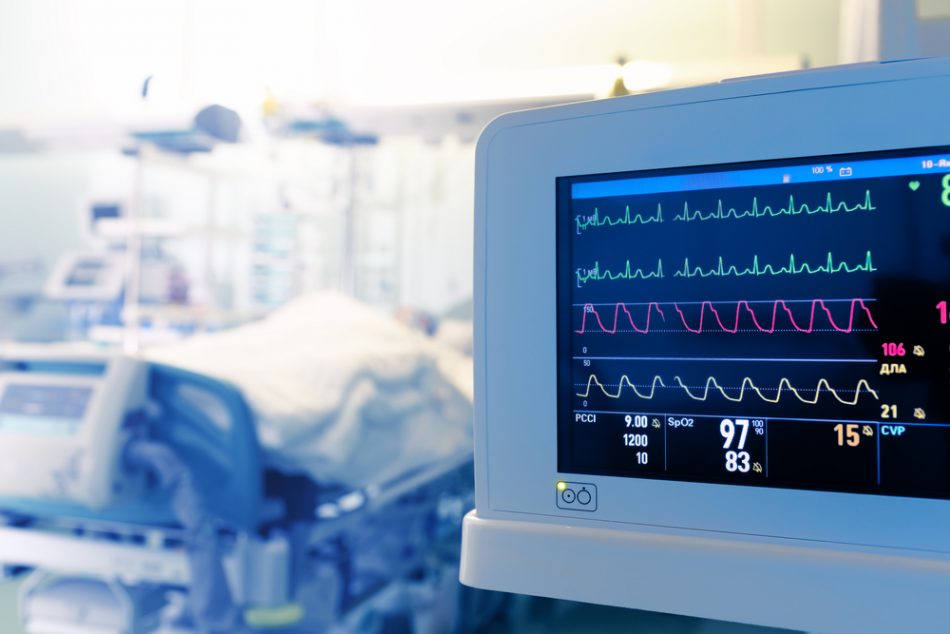A new AI system created by researchers at the University of Washington aims to help doctors during busy periods, like during a global pandemic.
How does the technology work?
The new algorithm can instruct doctors on which patients need intensive care unit (ICU) treatment and which can be helped in other ways, freeing up beds and doctors for the patients that desperately need them. It works by evaluating 200 clinical data points such as blood test results, medical history, vital signs, and more.
Around 400 Covid-19 hospital cases from Hospital Sirio-Libanes in Sao Paulo, Brazil were used to train the algorithm. So far the results have been pretty successful, with over 95 percent prediction accuracy in deciding where to place individuals. The software also presents clinicians with the key factors driving the patient’s condition, allowing medical professionals to make a quick confidence assessment.
A new tool for clinicians
This technology, published in arXiv, is not supposed to replace doctors. It is more to be used as a new tool to speed up the decision making process of ICU admission with higher accuracy. “The goal is to help clinicians make faster, more consistent decisions based on past patient cases and outcomes,” stated Alexander Wong, a collaborator in this project. “It’s all about augmenting their expertise to optimize the use of medical resources and individualize patient care.”
An incredible thing about this technology is the inventors want to make it readily freely accessible worldwide. The more hospitals get involved in inputting their data into the system, the more accurate it will get. Larger clinical trials are currently undergoing to develop the open source initiative.
Source study: arXiv – Enhanced Prediction of ICU Admission for COVID-19 Patients via Explainability and Trust Quantification












